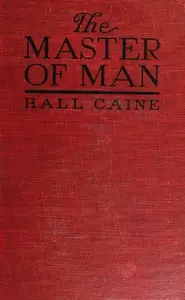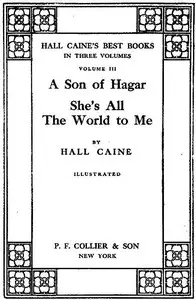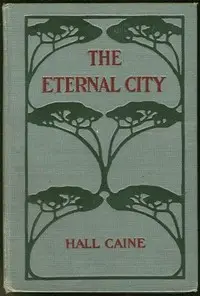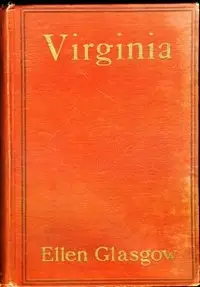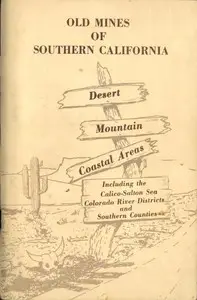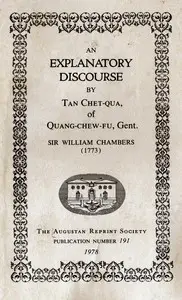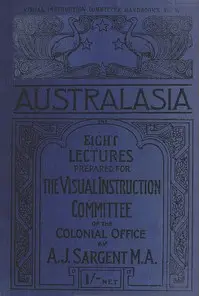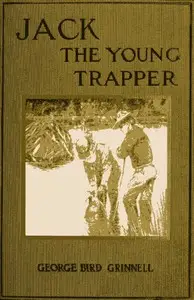"The White Prophet, Volume 1" by Sir Hall Caine is a novel written in the early 20th century. The narrative is set against the backdrop of British rule in Egypt, illustrating the complex cultural and political tensions of the era. At the center of the story is Gordon Lord, a British officer, who finds himself entangled in the struggles between the native Egyptians and their British rulers, particularly focusing on the rise of a charismatic new leader named Ishmael Ameer. At the start of the novel, a sham battle staged by British officers in Cairo escalates tensions between British forces and the local population, igniting feelings of resentment among the Cairenes. Amid this backdrop, Lord Gordon, who is depicted as empathetic toward the locals and proud of his Egyptian heritage, becomes concerned about a potential uprising incited by Ishmael Ameer, a preacher stirring discontent among the people. As Gordon prepares to undertake a mission to arrest Ameer, he grapples with his duty to the British Crown and his personal conviction, setting the stage for a deeper exploration of identity, loyalty, and the implications of colonialism in Egypt. (This is an automatically generated summary.)
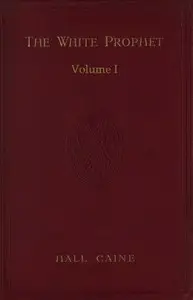
The White Prophet, Volume 1 (of 2)
By Hall Caine
"The White Prophet, Volume 1" by Sir Hall Caine is a novel written in the early 20th century. The narrative is set against the backdrop of British rul...
Sir Thomas Henry Hall Caine, usually known as Hall Caine, was a British novelist, dramatist, short story writer, poet and critic of the late 19th and early 20th century. Caine's popularity during his lifetime was unprecedented. He wrote 15 novels on subjects of adultery, divorce, domestic violence, illegitimacy, infanticide, religious bigotry and women's rights, became an international literary celebrity, and sold a total of ten million books. Caine was the most highly paid novelist of his day. The Eternal City is the first novel to have sold over a million copies worldwide. In addition to his books, Caine is the author of more than a dozen plays and was one of the most commercially successful dramatists of his time; many were West End and Broadway productions. Caine adapted seven of his novels for the stage. He collaborated with leading actors and managers, including Wilson Barrett, Viola Allen, Herbert Beerbohm Tree, Louis Napoleon Parker, Mrs Patrick Campbell, George Alexander, and Arthur Collins. Most of Caine's novels were adapted into silent black and white films. A. E. Coleby's 1923 18,454 feet, nineteen-reel film The Prodigal Son became the longest commercially made British film. Alfred Hitchcock's 1929 film The Manxman, is Hitchcock's last silent film.


